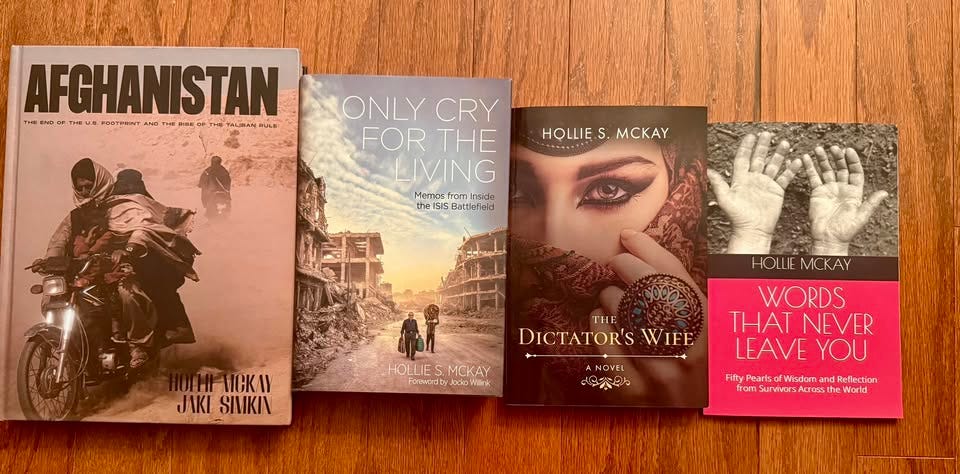In a time of escalating conflict and division, one of the most unsettling realities is that simply affirming the equal worth of all children—Israeli and Palestinian alike—has become a source of controversy and even hostility. A statement as fundamental as “all children deserve life, safety, and love” should be self-evident. Yet, in the context of the Israeli-Palestinian conflict, it is often met with accusations of bias, betrayal, or political agenda. How have we arrived at a point where affirming the humanity of all is perceived as taking a side? I have no doubt just in expressing a view here my words will be twisted and some form of hate will arrive in my inbox.
At its core, this issue of moral equivalence is not about politics, borders, or historical grievances; it is about a simple and unshakable truth: children are innocent. They are not combatants. They do not choose the circumstances of their birth. They do not create wars, yet they are often the first to suffer when violence erupts. Whether it is an Israeli child hiding from rocket fire or a Palestinian child pulled from the rubble of a bombed-out home, the grief of their parents is the same. The fear in their eyes is the same. The injustice of their suffering is the same.
A Moral Truth, Not a Political Statement
Recognizing this truth does not mean ignoring the suffering of one group to acknowledge another. It is entirely possible—and necessary—to simultaneously hold space for multiple realities. One can care deeply for the hostages taken from Israel, fearing for their safety, while also caring deeply for the children in Gaza who have lost their limbs, their homes, and their families. Empathy is not finite; compassion is not a zero-sum game.
Yet, many react to this perspective with anger, as if acknowledging the suffering of one side somehow erases the pain of the other. This is the tragic result of deep-seated tribalism, where every statement is scrutinized for signs of allegiance, and anything less than full endorsement of one side is seen as betrayal. But war does not neatly divide itself into good versus evil, and the suffering of children should never be weighed on a scale of moral calculations.

All Children Are Created Equal
For those who seek moral clarity in religious teachings, the Bible is unwavering in its affirmation of the equal worth of all human beings, especially children. In Genesis 1:27, it is written: “So God created mankind in his own image, in the image of God he created them; male and female he created them.” This passage has no distinction—no hierarchy of worth based on nationality, ethnicity, or background. All are created in God’s image.
Jesus himself reaffirmed the sacred value of children. In Matthew 19:14, he says, “Let the little children come to me, and do not hinder them, for the kingdom of heaven belongs to such as these.” Nowhere does he say, “Only the children of one nation matter.” Nowhere does he suggest that the suffering of some is more tragic than the suffering of others. His message was one of universal love and protection for the innocent.
What Is Wrong with the World?
If acknowledging the equal worth of all children is controversial, then something is deeply wrong with the world. When basic compassion is treated as a political act, it reveals a society so entrenched in division that even the most fundamental moral principles are seen as partisan statements.
The dehumanization of “the other” is a powerful tool of war. It makes violence easier to justify and suffering easier to dismiss. But we are not obligated to accept this mindset. We can refuse to engage in the kind of thinking that turns children into symbols rather than human beings. We can recognize that grief, trauma, and loss are universal.
If we cannot agree that the lives of all children are of equal worth, then we must ask ourselves: what have we become? What does it say about us if our compassion is conditional? The world does not need more division; it needs more people willing to hold the pain of others without turning it into a battlefield of competing narratives.
In the end, it is not controversial to believe in the moral equivalence of Israeli and Palestinian children. What is controversial—what is truly dangerous—is any ideology that suggests otherwise.
FOR EXCLUSIVE GLOBAL CONTENT AND DIRECT MESSAGING, PLEASE CONSIDER A PAID SUBSCRIPTION TO THIS SUBSTACK TO HELP KEEP INDEPENDENT, AGENDA-FREE WRITING AND JOURNALISM ALIVE. THANK YOU SO MUCH FOR YOUR SUPPORT.
For speaking queries please contact meta@metaspeakers.org
For ghostwriting, personalized mentoring or other writing/work-related queries please contact hollie@holliemckay.com
Follow me on Instagram and Twitter for more updates
Click to Purchase All Books Here




Thanks for publishing these thoughts. It's a real shame you have to, but this certainly seems to be the world we're in right now. Context and nuance seem to be both the cause and effect of our social media algorithm-driven tribalism. As you point out, the safety of a child's life should be easy to discern from whatever your political thoughts of a conflict are, but alas, they're not. With the loss of nuance, even children become abstractions that seem to be able to divide up like poker chips in a game. I appreciate your thoughts here, and I think all we can do is continue to shed light on areas such as these in hopes that more people will take pause and see the humanity that we as a society are ceding to what boils down to be market forces.